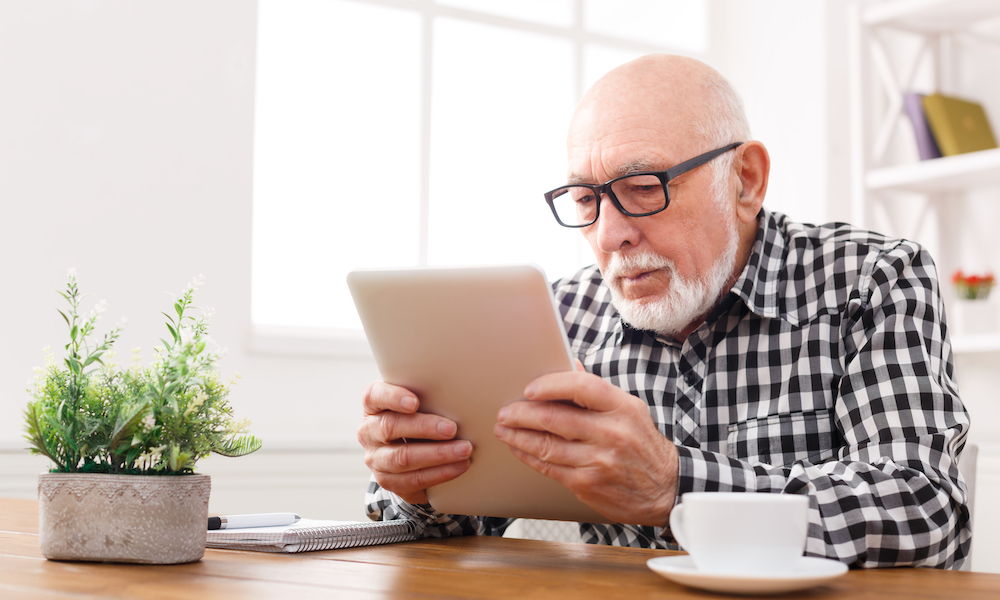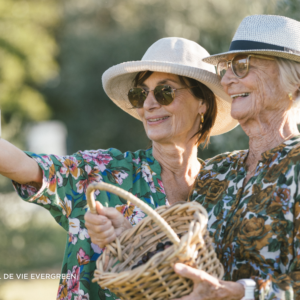
What seniors need to know about COVID-19
You’re probably already aware that older adults, those suffering from underlying conditions like heart, lung or kidney disease and diabetes, as well as those with compromised immune systems are at greater risk of suffering a severe case of COVID-19 should they contract it. With South Africa officially on lockdown from midnight on 26 March, what should you know that could help keep you safe during the global pandemic?
In this helpful video (posted on 10 March), Jay Butler, Deputy Director for Infectious Diseases at the Centers for Disease Control and Prevention (CDC), outlines three preventative measures that may help protect older adults from COVID-19.
The first step, he says, is to take care of your own health by adhering to the following:
- Wash your hands frequently with soap and water for at least 20 seconds – this video (also put out by the CDC) includes key information about how to wash your hands to ensure maximum sanitization. If you don’t have access to soap and water, use a hand sanitizer with at least 60% alcohol.
- Cough or sneeze into a tissue or your elbow, not your hand.
- Clean and disinfect the surfaces in your home regularly – including counters, table tops and doorknobs.
- Stay away from people who are sick – this will mostly be taken care of by the lockdown, but try to limit your exposure by asking a friend or family member to shop for you and deliver the goods to your home. Alternatively, give online shopping a try if you haven’t already done so.
Butler also makes the point that you should make a plan before you get sick. If you live alone or you have a caregiver, think about who will look after you in the event that you or your caregiver falls ill. Now is a good time to chat to your family and put plans in place should you find yourself in need of care in the weeks ahead.
Finally, he advises that you stay up-to-date on what’s happening in your area so that you know when COVID-19 reaches your neighbourhood. He also recommends that you have extra supplies at home, which is key ahead of the lockdown when you will be required to stay home as much as possible and will only be permitted to leave for food and medication, to collect a government grant, or to seek medical assistance.
When should you see a doctor?
Here’s some valuable information from the World Health Organization regarding common symptoms – and when to get help:
“The most common symptoms of COVID-19 are fever, tiredness, and dry cough. Some patients may have aches and pains, nasal congestion, runny nose, sore throat or diarrhea. These symptoms are usually mild and begin gradually. Some people become infected but don’t develop any symptoms and don’t feel unwell. Most people (about 80%) recover from the disease without needing special treatment. Around 1 out of every 6 people who gets COVID-19 becomes seriously ill and develops difficulty breathing. Older people, and those with underlying medical problems like high blood pressure, heart problems or diabetes, are more likely to develop serious illness. People with fever, cough and difficulty breathing should seek medical attention.”
What is Evergreen Health doing to keep residents safe?
With our primary goal being to safeguard the health of all residents, visitors, service providers and employees, we are implementing several strategies in line with World Health Organization and National Department of Health guidelines to reduce the potential risk of a spread of COVID-19 in our facilities. This includes screening all those living in or entering our villages, educating our residents around healthcare and self-care protocols, and continuing to deliver the highest standard of care to residents 24/7 as part of our Partnership for Life promise.



